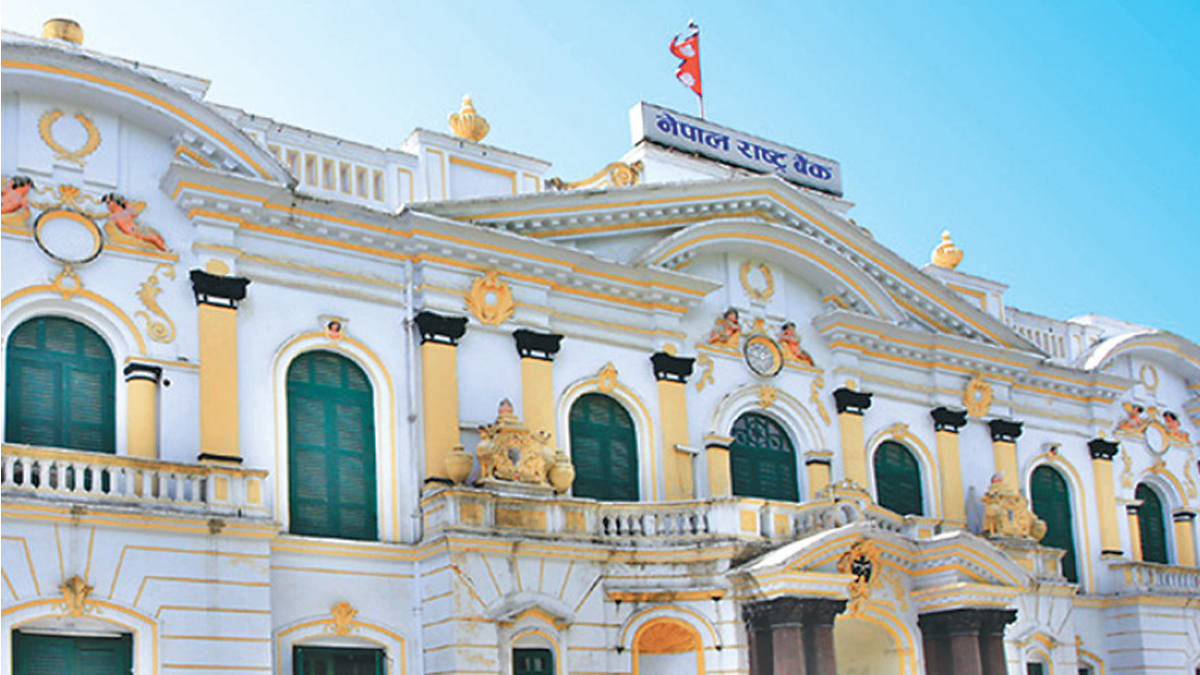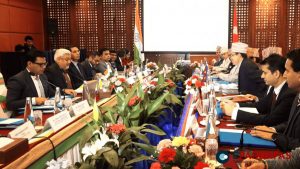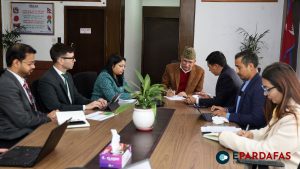
Rising Trend of Using Personal Bank Accounts for Business Transactions Sparks Tax Evasion Concerns

In a concerning revelation, the Nepal Rastra Bank (NRB) highlights a surge in the trend of utilizing personal bank accounts for business transactions as a means to evade taxes, as reported by the Financial Intelligence Unit (FIU-Nepal). The annual report released on Tuesday exposes the extent of this growing issue, emphasizing the need for collaborative efforts among stakeholders to address the problem.
According to the FIU-Nepal’s findings, 37% of suspicious transaction reports from January 2020 to December 2022 were linked to tax evasion through the use of personal bank accounts. On average, the FIU-Nepal received 65 such suspicious transactions monthly during this period.
The central bank disclosed that 48% of these transactions were associated with proprietorship businesses, 33% with private limited companies, and 19% with firms whose registration status remained unknown. Businesses engaged in trading, manufacturing, hotels and restaurants, travel, and medical services were identified as the primary culprits. The report also revealed the misuse of multiple personal accounts for a single business, with proprietors, shareholders, family members, and employees being the most common account users.
The FIU-Nepal, after analyzing 204 cases, disseminated 113 cases to the Department of Revenue Investigation and Inland Revenue Department for further investigation. The report estimates the annual suspicious amount involved to be approximately Rs 12 billion.
In response to these findings, the report recommends active participation from all stakeholders to harmonize the nature of business and the type of account used for related transactions. Customers are advised to be vigilant about the types of accounts and their purposes during onboarding and on a regular basis. Additionally, the report calls for awareness among business firms and companies regarding the appropriate use of their accounts for transactions.
To curb the misuse of personal savings accounts for business-related transactions, regulators are urged to impose fines and penalties, with a further call for discouragement through directives. Investigating agencies are also recommended to include personal accounts of shareholders, promoters, proprietors, key staffers, and their close associates during tax assessments and other investigations.
As Nepal grapples with this emerging issue, concerted efforts and regulatory measures are essential to preserve the integrity of the financial system and combat tax evasion effectively.












Comments